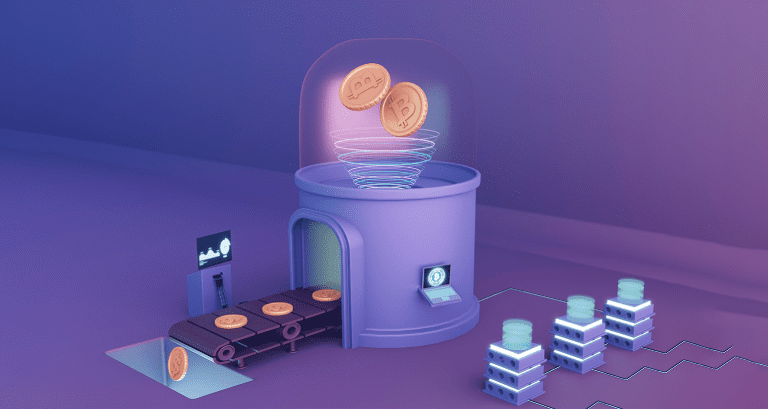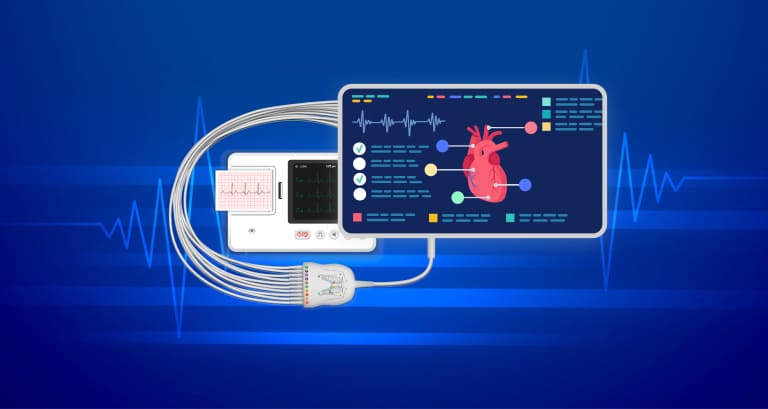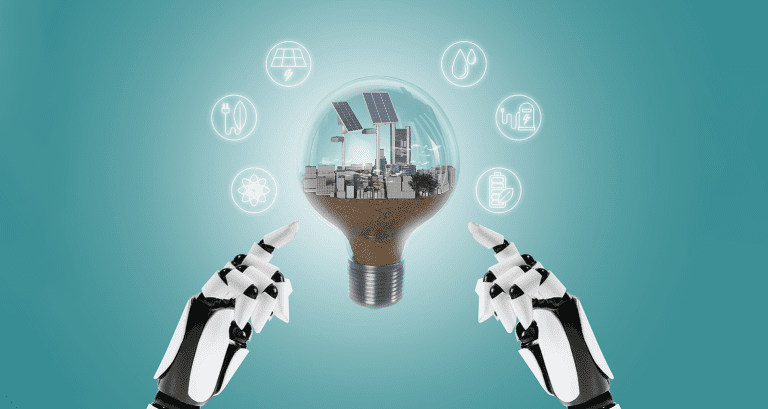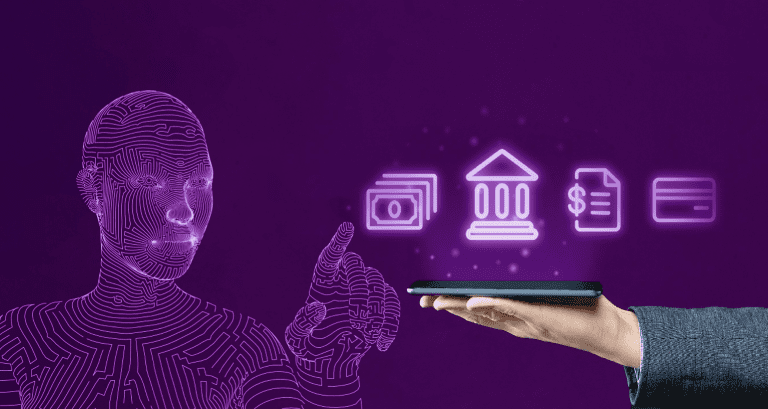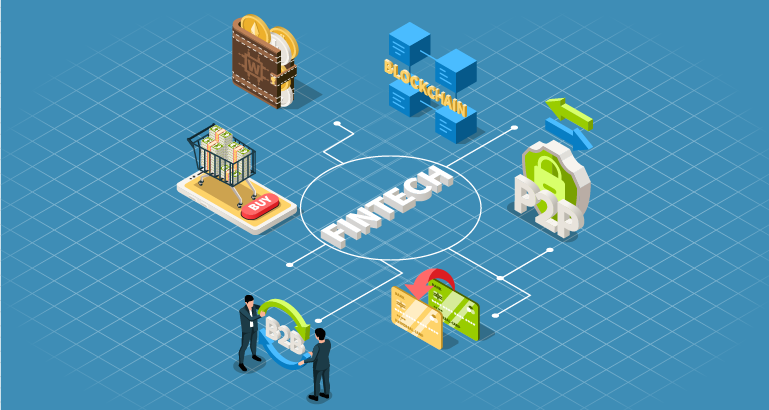Demystifying Token Development: A Comprehensive Guide
Introduction
In the dynamic landscape of technology and finance, tokens have emerged as a revolutionary concept that is transforming the way we perceive ownership, access, and transactions. Whether you're a tech enthusiast, a developer, or a curious individual, understanding token development is key to navigating this exciting new frontier.
Brief History of Tokens
Tokens aren't a recent innovation; they have a rich history deeply rooted in the realms of computing, cryptography, and economics. The concept of tokens can be traced back to the early days of computing when they were used to represent various resources and access rights. However, it wasn't until the advent of blockchain technology, notably with Bitcoin's introduction in 2009, that tokens truly gained prominence. The concept of digital tokens on a decentralized ledger paved the way for a new era of token development, enabling the creation of various cryptocurrencies and later expanding into a multitude of use cases.
Understanding Tokens: Types and Usage
Tokens, in their essence, are digital representations of value or utility. They serve as a bridge between the physical and digital worlds, offering unique benefits across different domains.
There are several categories of tokens, each with its distinct purpose:
- Cryptocurrencies: Cryptocurrencies like Bitcoin and Ethereum are perhaps the most well-known tokens. They enable peer-to-peer transactions and stores of value without the need for intermediaries.
- Utility Tokens: These tokens provide access to specific products, services, or features within a platform or ecosystem. Examples include Filecoin and Binance Coin.
- Security Tokens: Security tokens represent ownership in real-world assets like equities, real estate, or commodities. They bring traditional financial assets onto the blockchain, potentially revolutionizing capital markets.
- Non-Fungible Tokens (NFTs): NFTs are unique digital assets that represent ownership of digital or physical items, such as art, music, collectibles, and virtual real estate.
Implementations of Tokens
Token development has given rise to a myriad of innovative implementations across industries:
- Decentralized Finance (DeFi): DeFi platforms leverage tokens to create open and permissionless financial services, including lending, borrowing, and trading.
- Gaming and Virtual Realms: Tokens are transforming the gaming industry by enabling true ownership of in-game assets and facilitating virtual economies.
- Supply Chain and Traceability: Tokens enhance transparency and traceability in supply chains by representing each step of a product's journey.
- Digital Identity: Tokens are being explored as a means to manage and secure digital identities, giving individuals greater control over their personal information and improving privacy and security.
- Real-World Assets and Fractional Ownership: Tokens have enabled the concept of fractional ownership, making it possible for multiple individuals to own a portion of real-world assets, such as real estate, art, and collectibles.
- Content Creation and NFTs:NFTs have unlocked new possibilities for creators to monetize their digital content, including art, music, videos, and virtual experiences.
- Cross-Border Payments and Remittances: Tokens offer a faster and more cost-effective alternative to traditional cross-border payments and remittances.
Token Development: Technical Considerations
Developing tokens involves understanding key technical aspects, such as:
- Blockchain Platform: Choosing the appropriate blockchain (Ethereum, Binance Smart Chain, Solana, etc.) based on factors like scalability, consensus mechanism, and development resources.
- Smart Contracts: Creating smart contracts to define token behavior, including issuance, transfer, and utility.
- Token Standards: Utilizing established token standards like ERC-20, ERC-721 (for NFTs), and others, to ensure compatibility and interoperability.
- Security and Auditing: Implementing robust security measures and conducting thorough audits to prevent vulnerabilities and exploits.
The Future of Tokenization
As technology continues to evolve, the potential applications of tokenization are boundless. From revolutionizing financial systems to reshaping digital experiences, tokens are at the forefront of innovation. The future might witness enhanced cross-chain compatibility, further adoption of NFTs, and the integration of tokens into everyday processes. Whether you're an aspiring developer, an entrepreneur, or simply curious about this transformative technology, join Nu10 on this journey as we unravel the intricate world of token development.
Conclusion
Tokens have evolved from a niche concept to a powerful force driving technological progress. Nu10 aims to demystify token development, equipping you with the knowledge and understanding needed to engage with this groundbreaking technology confidently. Collaborate or get in touch with us to delve into the technical intricacies, real-world use cases, and future possibilities of tokens. Remember, the world of tokens is continually evolving, and by grasping the fundamentals, you'll be better prepared to navigate the exciting opportunities that lie ahead.
About Author
Gururaj Potnis
Gururaj Potnis is an accomplished entrepreneur with 18 years of experience across ventures such as Erasmic Consulting, Manthan, and Idea Bubbles. An alumnus of IIM Calcutta and IIT Delhi, Gururaj has a proven track record of steering organizations through growth and transformation. His leadership philosophy centers on fostering innovation, nurturing talent, and delivering scalable, future-ready solutions that resonate across industries.

